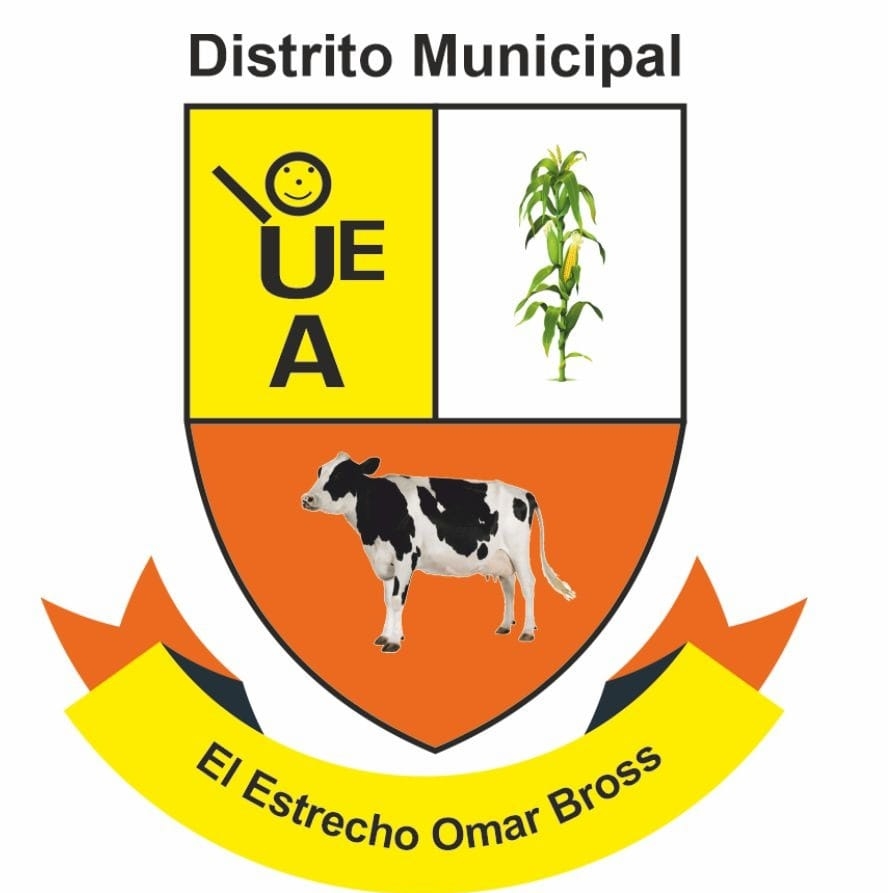The Evolution of Google Search: From Keywords to AI-Powered Answers
Dating back to gyn101.com its 1998 launch, Google Search has changed from a modest keyword analyzer into a sophisticated, AI-driven answer engine. In early days, Google’s innovation was PageRank, which evaluated pages judging by the standard and volume of inbound links. This guided the web past keyword stuffing in favor of content that earned trust and citations.
As the internet enlarged and mobile devices increased, search patterns developed. Google presented universal search to fuse results (stories, icons, videos) and down the line concentrated on mobile-first indexing to demonstrate how people truly surf. Voice queries using Google Now and then Google Assistant pressured the system to process vernacular, context-rich questions as opposed to laconic keyword combinations.
The next bound was machine learning. With RankBrain, Google initiated comprehending previously new queries and user intent. BERT upgraded this by absorbing the shading of natural language—syntactic markers, context, and correlations between words—so results more reliably mirrored what people meant, not just what they searched for. MUM increased understanding among languages and categories, supporting the engine to bridge pertinent ideas and media types in more refined ways.
In the current era, generative AI is restructuring the results page. Innovations like AI Overviews unify information from diverse sources to furnish condensed, appropriate answers, often combined with citations and subsequent suggestions. This alleviates the need to open many links to build an understanding, while even so pointing users to richer resources when they prefer to explore.
For users, this journey implies more efficient, more particular answers. For professionals and businesses, it incentivizes meat, novelty, and transparency as opposed to shortcuts. In the future, project search to become ever more multimodal—smoothly synthesizing text, images, and video—and more tailored, modifying to preferences and tasks. The progression from keywords to AI-powered answers is in essence about reimagining search from detecting pages to producing outcomes.


